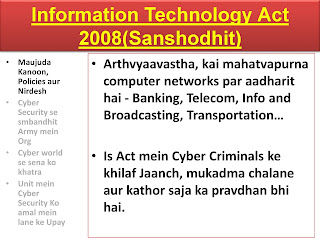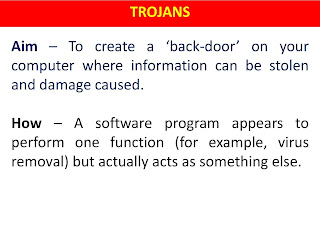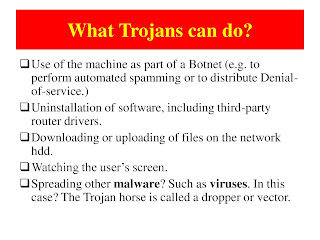CPU (CENTRAL PROCESSING UNIT)
Central Processing Unit (CPU) consists of the following features − CPU is considered as the brain of the computer. CPU performs all types of data processing operations. It stores data, intermediate results, and instructions (program). It controls the operation of all parts of the computer. CPU itself has following three components. Memory or Storage Unit Control Unit ALU(Arithmetic Logic Unit) Memory or Storage Unit This unit can store instructions, data, and intermediate results. This unit supplies information to other units of the computer when needed. It is also known as internal storage unit or the main memory or the primary storage or Random Access Memory (RAM). Its size affects speed, power, and capability. Primary memory and secondary memory are two types of memories in the computer. Functions of the memory unit are − It stores all the data and the instructions required for...




















































































Comments
Post a Comment